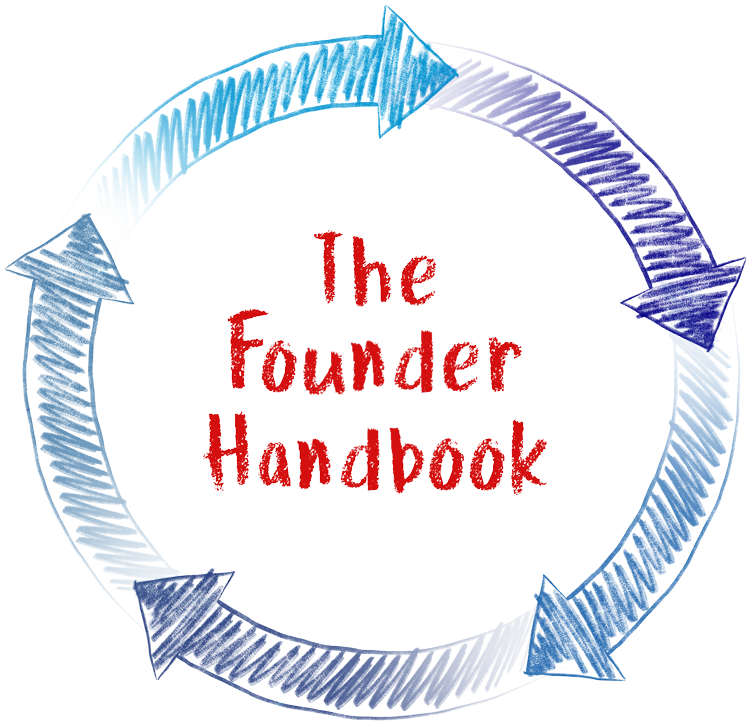An innovator’s dilemma set out by the Economist leveraging the recent news last week that Whitney Wolfe Herd, founder and CEO of Bumble, had announced her decision to step down as the chief executive of the dating app, citing a lack of enthusiasm for the responsibilities of running a public company. She will transition to the role of executive chairwoman, focusing on the “future of love and connection.” Lidiane Jones, currently heading Slack, will take over as CEO. Bumble’s shares have experienced an 82% decline since its 2021 stock market listing, and Wolfe Herd’s vision of expanding the platform has faced challenges amid competition with Match Group.
The Economist discusses the evolving perception of founder-led companies, with investors increasingly prioritising profitability over long-term vision. The performance of founder-led firms in the Nasdaq Emerging Cloud index shows a narrowing gap in share prices from 2022 onward. The shift reflects a changing investor landscape where cost efficiency and quicker paths to profit are favoured. Some founders, like Mark Zuckerberg and Tobias Lütke, have adjusted their strategies to focus on profitability, garnering positive responses from investors.
Whilst the article suggests that founders may need to adapt to this new paradigm or risk tensions between their visionary goals and investors’ pragmatic expectations, I believe that this has always been the case, it’s just not had evidential data to outline that. From working with CEO Founders directly over the past 7 years and CEOs brought in at different stages, I’ve been close witness coaching and advising as the role of the founder changed from idea creation, to pre-seed, to seed financing, to series A.
In the Founder Handbook, we set out what it means and how to shift from a Founder Led sales model to a sales and go to market framework that is scalable, so from pre-seed to seed funding. In Chapter 10 we outlined the risks in holding out for a hero for too long balanced with the mistake that’s just as easy to make is handing off sales when the company is not quite ready.
Confusing? Well, striking this balance is tricky but important at such a crucial moment in the development of your business. Founder-led sales, aka business development, is enormously important and the best way of setting out with the customer at the heart of your organisation. There will come a point, though, when the time is right for hiring someone else, allowing founders to focus on execution.
Perhaps the question is not when should a founder step down but more what role am I playing as a Founder in enabling the business for the stage at which it’s at?
Want more comments like this? Pick up a copy of The Founder Handbook now on our website.




